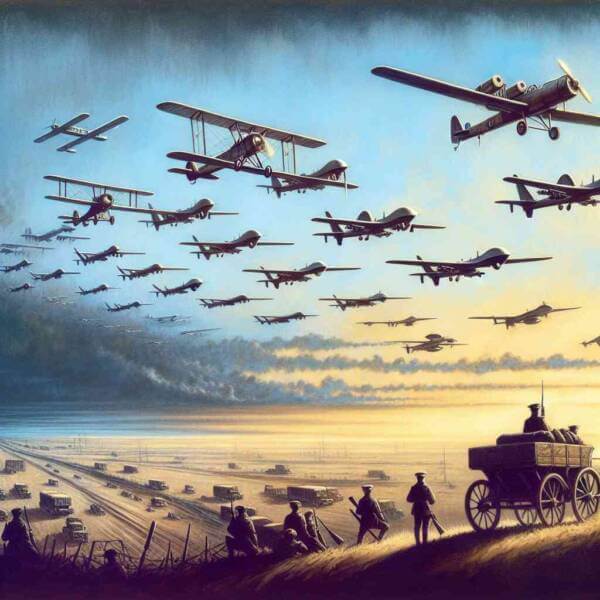The Critical Role of Air Forces Worldwide
The Critical Role of Air Forces Worldwide
Blog Article

Military aviation is a cornerstone of modern defense strategies around the world.
Nations invest heavily in military aviation to maintain superiority.
How Military Aviation Began
Military aviation started during World War I, with aircraft initially used for observation.
Important events in the evolution of military aviation:
- The introduction of fighter planes and bombers
- Massive growth in air power
- Rapid development of jet technology
- Modern drone warfare
Each era brought new technologies that redefined military capabilities.
Main Categories of Military Aviation
Understanding the types of military aircraft helps in appreciating the complexity of modern air forces.
Major aircraft classifications:
- Aircraft designed for air-to-air combat
- Aircraft for long-range attacks
- Logistical support aircraft
- Eyes in the sky for modern armies
Each type plays a key part in military operations, from supporting ground forces.
Why Control of the Skies Matters
Controlling the skies limits check here enemy movements.
How controlling the air impacts battles:
- Protecting ground forces
- Disrupting enemy supply lines
- Early warning and real-time data
- Demonstrating power and deterrence
Nations with strong military aviation capabilities can shape outcomes.
Technological Innovations in Military Aviation
Military aviation is at the forefront of technological innovation.
Recent innovations include:
- Low-visibility planes
- Missiles and aircraft traveling at speeds greater than Mach 5
- Autonomous drones
- Laser and electromagnetic systems
These advancements increase survivability for air forces worldwide.
Obstacles Facing the Industry
Despite technological superiority, military aviation faces numerous challenges.
Key challenges include:
- Expensive research and operations
- Rapid technological changes
- Protecting systems from hacking and sabotage
- New debates about AI in warfare
Addressing these challenges is crucial to staying ahead.
Where Military Aviation is Heading
The future of military aviation promises faster, smarter, and more autonomous systems.
Likely developments:
- Autonomous mission planning
- Space as the next battlefield
- Developing sustainable aviation technology
- Collaborations across allied air forces
The next era of military aviation will redefine defense.
Final Thoughts on Military Aviation
Military aviation remains a powerful force in global defense.
As technology continues to evolve, the skies will remain a frontline of innovation where military aviation shapes the world order.
The future of military aviation is more dynamic than ever — and it’s only just beginning. Report this page